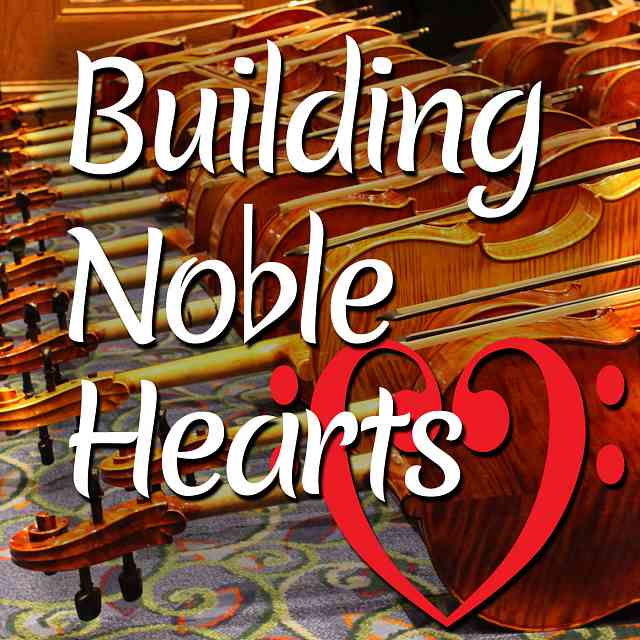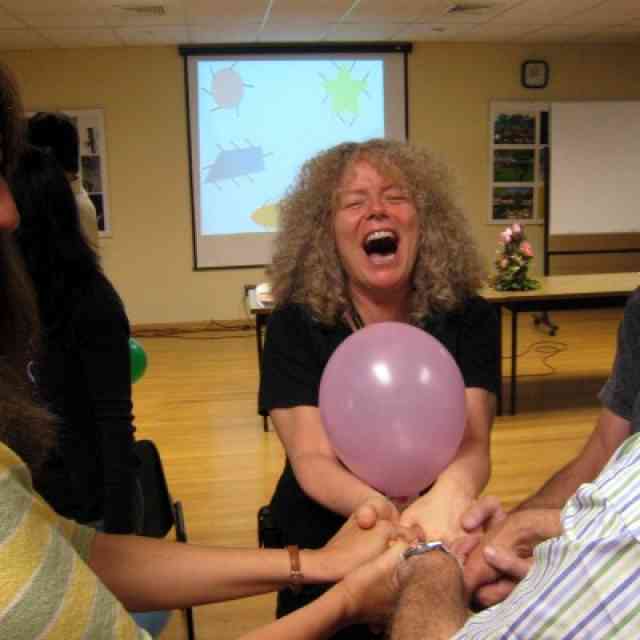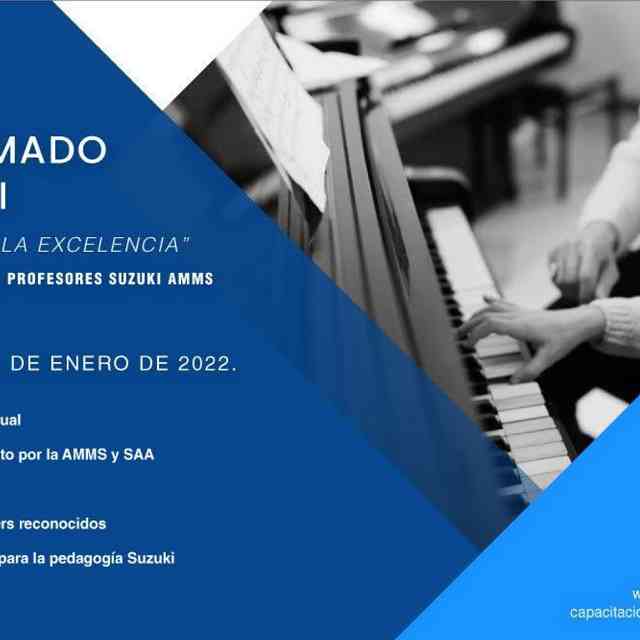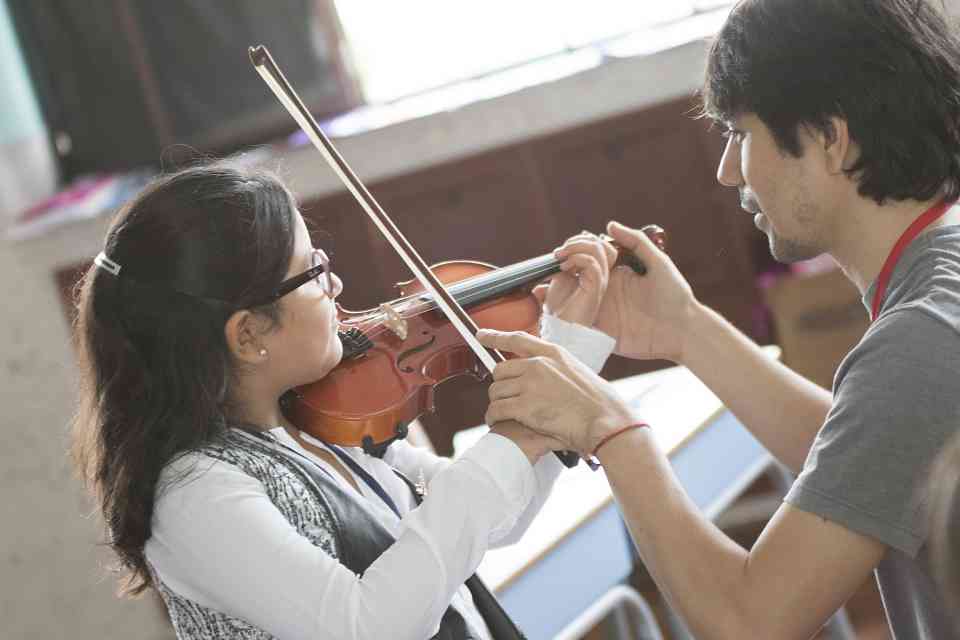
Fabio Dos Santos and Student
Held in Lima, Peru, January 4–25, 2017
The International Suzuki Festivals in Peru and the Latin American Teachers’ Conferences are the most international Suzuki events to be held in the Americas. Seventeen countries participated in these events this year! And there are still more countries to reach. We have received a plea from Cuba for help in forming their Suzuki Association and training their teachers. Participants from the Dominican Republic wanted to attend, but did not have the funds to travel.
Reflecting on 32 years of festivals in Peru, we can clearly see the Suzuki philosophy transforming entire communities and forming bonds between students, teachers, associations and countries which will continue to benefit many generations to come. Profound friendships, along with modern technology and instant communication, combine to make the Suzuki Latin American family even closer knit and more effective.
The Suzuki Association of Peru (ASP) must first thank the entire SAA community for the continued support we have received throughout the years: covering teacher trainers’ airfares, offering scholarships for teacher participants, and making individual donations to the Latin American fund. Without all of this, our festival would not be viable. Dr. Suzuki was right: “Working together we can change the world.” In turn, the ASP has a fund which allows teachers and students from economically disadvantaged regions of Peru to attend and be inspired by this event. This year our fund also allowed us to buy a clavinova for the ASP to cut the costs of renting every year.
The Suzuki Festival in Peru has become a model for festivals all over Latin America. Hopeful participants from Mexico to Patagonia spend the year saving and planning in order to travel to Lima. Wherever I go in Latin America, I hear the words, “In Peru, they do it this way.” We now enjoy having a group of young teachers who themselves grew up in the Suzuki approach and are now working and receiving on-going training. One new participant, attending a Dalcroze course, approached me and asked,” Do you think the Suzuki Method can work for children wanting to become professionals?” He had heard in the music conservatory to the contrary. I turned around and directed the question to a group of young Suzuki-trained professionals. They answered his question by their existence! Our new participant is already signed up for the Suzuki Philosophy course next year!
In Peru, all the unit courses beyond Unit One, have a teaching component attached to them. This course, called Teaching Strategies, is an obligatory part of the training and involves the teacher participant showing a class either live or recorded and receiving constructive feedback from the teacher trainer, based on the SAA pedagogy descriptors. All participants and teacher trainers find that this course is a vital part of the program. Participants learn more effective ways of teaching and trainers learn how well they actually got their teaching concepts across.
As we require that all the repertoire be memorized in order to pass the course, teacher participants come extremely well prepared. In my course, one participant who had not been able to study the repertoire asked me if I would grant her the favor of being able to take the course again the following year.
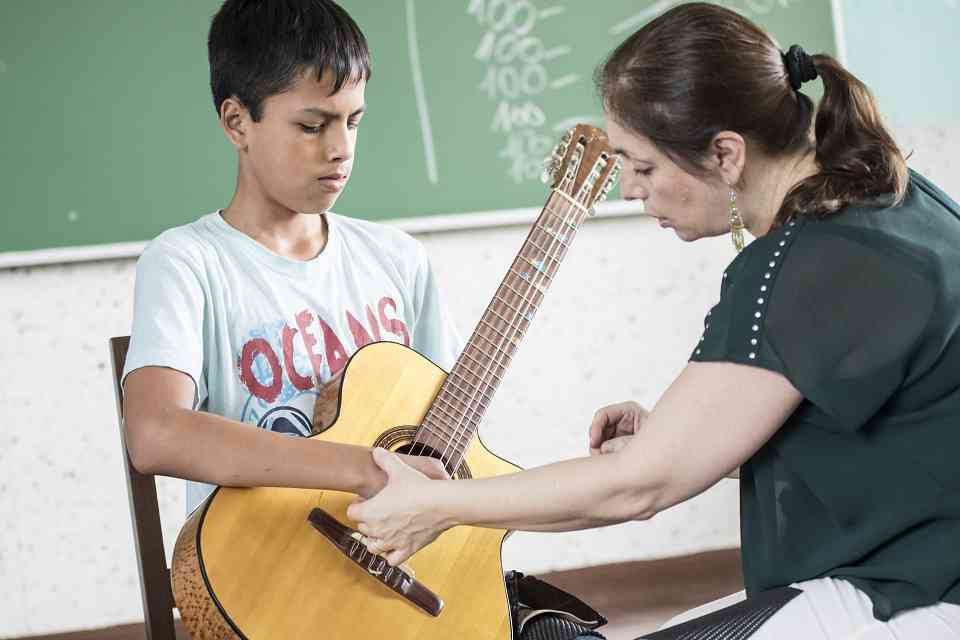
Diana and Student
In Peru, as in many other Latin American countries, there are very few opportunities for training in music education. Many excellent instrumentalists are contracted by schools to teach classroom music with almost no preparation in pedagogy or classroom management. The ASP helps fill that educational gap by offering general courses with no prerequisites. This year, such courses offered were Dalcroze taught by Dr. Jeremy Dittus, and Classroom Dynamics, taught by Roberta Centurion, which reached a wider community of teachers and musicians from Peru and abroad. These participants then leave intrigued to know more about the Suzuki approach. A similar offering was “How to teach recorder successfully in the schools,” taught by the ASP Suzuki recorder pioneer Lucia Nieto.
For the first time in our festivals, there was no need for translators for the teacher trainers in the Suzuki courses, as all gave their courses in Spanish. Only Jeremy required a translator, and violin teacher Angela Thompson performed the task excellently. The Festival was organized by the ASP Festival Committee; past presidents Roberta Centurion, Caroline Fraser, and Annika Petrozzi, along with Luciana Castillo, who also produced the event. When Suzuki-trained recorder teacher Luciana moved to Brazil three years ago, we thought we had lost her. Instead, we gained a vital motor for our association. Thanks to Luciana, Maria Pia Beltran, our invaluable administrator, Facebook, WhatsApp, and Skype!
This year a historic meeting was held during the festival for all the Latin American teacher trainers, both in person and by Skype. Unanimous decisions were reached assuring consistency and excellence in the Latin American teacher training program. All were in agreement that the course Teaching Strategies is a vital part of our training.
The following is based on a report Luciana wrote along with Maria Pia:
Colegio Santa Ana in Lima generously offered to host the Festival 2017. Around 250 teacher participants and 250 students from Argentina, Bolivia, Brazil, Chile, Colombia, Costa Rica, Ecuador, Guatemala, Mexico, Paraguay, Venezuela, Canada, the United States, and Scotland attended the 2017 festival. There was participation from all over Peru: the coast, the Andean mountains, and the jungle. Twenty-three teacher training courses were offered in total. Course instructors were Kelly Williamson, Canada, Marilyn O’Bolye, US, Fernando Piñero, Argentina, Diana Chagalj, Argentina, Jeremy Dittus, US, and from Peru, Flor Canelo, Caroline Fraser, Annika Petrozzi, Lucia Nieto, Maria Luisa Labarthe, Roxana del Barco, and Roberta Centurion.
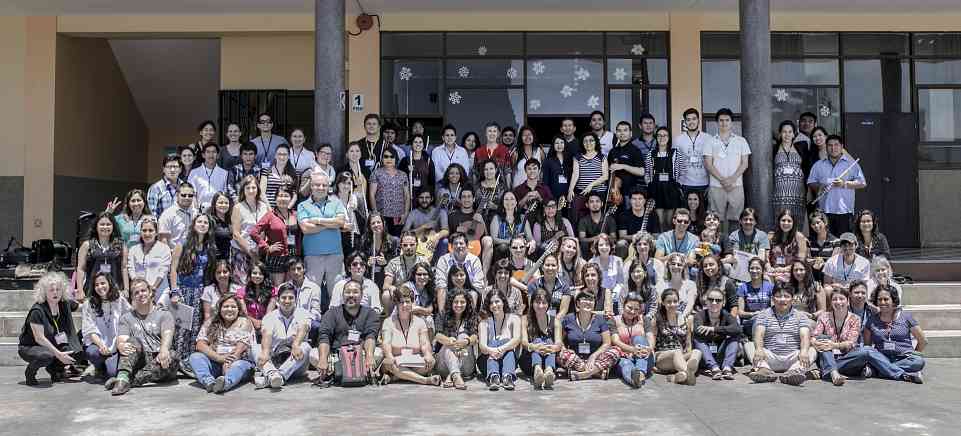
Participantes Profesores
The Latin American Teacher’s Conferences, which have been held every three years since 1999, were inspired by the SAA Leadership Retreats, with the intention of providing a space for the Latin American leaders to share ideas, share visions and strengthen connections between associations and countries. The Conferences have achieved this and more. For the first time, 17 countries made presentations both in person and on video. The conference was organized by the board of directors of the ASP: President, Flor Canelo, Vice President, Mercedes Vargas, Ximena Venero, and Lindsay Pre Kong.
The following is based on a report by Ximena:
The theme of the Conference was “Somos Suzuki” (We are Suzuki)
We are one united family with one vision and mission and the same philosophy with many proposals aimed at making a better world through music, art, and a different kind of education. We are part of a larger Suzuki community of all the Americas.
Country reports were given by Argentina, Bolivia, Brazil, Chile, Colombia, Ecuador, Mexico, Paraguay, Peru, Uruguay, Venezuela, and the US. Costa Rica, Guatemala, Honduras, and Panama sent virtual accounts of their programs. Many countries expressed their gratitude for SAA support.
In addition, there were presentations on
-
“The impact of the Latin American Teachers’ Conferences” given by Luciana Castillo and Fabio dos Santos from Brazil
-
“Suzuki Method for Trumpet” given by Pedro Azevedo
-
“Music as an integral part of education in schools” given by Natasha Encinas and Inkeri Petrozzi
-
“Youth orchestra programs” given by Wilfredo Tarazona, Luis Melgar, Flor Canelo, and Javier Fernandez
-
“The changing world and music education” given by Gabriel Pliego
-
“Reflections on the Suzuki Method in Latin America” given by Fernando Piñero
-
“How to implement Suzuki Programs in areas of economic disadvantage: INEPE” given by Andrea Raza
-
“We are the SAA” given by Marilyn O´Boyle and Kelly Williamson
Pam Brasch, SAA executive director, had sent a presentation including some questions for the Latin American teachers which were discussed in brain storming sessions. Here are some of the responses:
The Latin American teachers:
-
Support having more presence on the SAA web page
-
Like the idea of more articles and videos translated into Spanish and Portuguese and there are translators willing to help, including with audiobooks
-
Are interested in attending Conferences in the US if the sessions are offered bilingually, and with financial support
-
Are interested in seeing the videos of Dr. Suzuki’s teaching
-
Believe in continuing with the Teaching Strategies courses in order to raise the level of teaching
-
Appreciate the continuation of SAA scholarships, and suggest the addition of scholarships for training in Early Childhood Music
-
Are very interested in attending the First Convention of the Americas in Cancun, from May 1–5, 2019. Assistance with travel expenses is necessary to ensure participation from South America.
Many thanks to all who have helped make these events in Peru possible: SAA members and staff; the ASP board of directors and members; our wonderful office staff, including dedicated parents and our treasurer, Adriana de Paliza; Colegio Santa Ana; and our sponsors. And thank you, Dr Suzuki! Working together, we are changing the world.
The Suzuki Association of Peru is now planning the 33rd International Suzuki Festival to be held in Lima from January 5–25, 2018. Come to Peru and change your life! Take training courses or participate in the student festivals and then visit Cusco, Machu Picchu, and the Amazon jungle. !Somos Suzuki!

